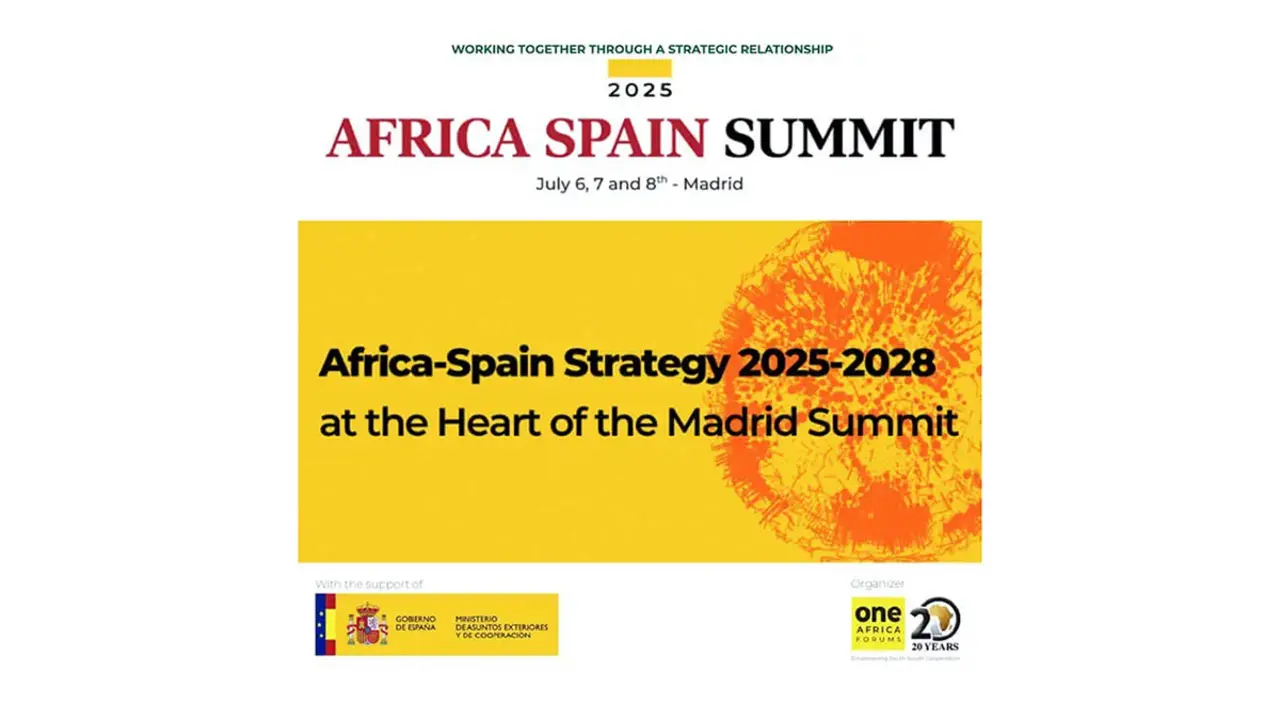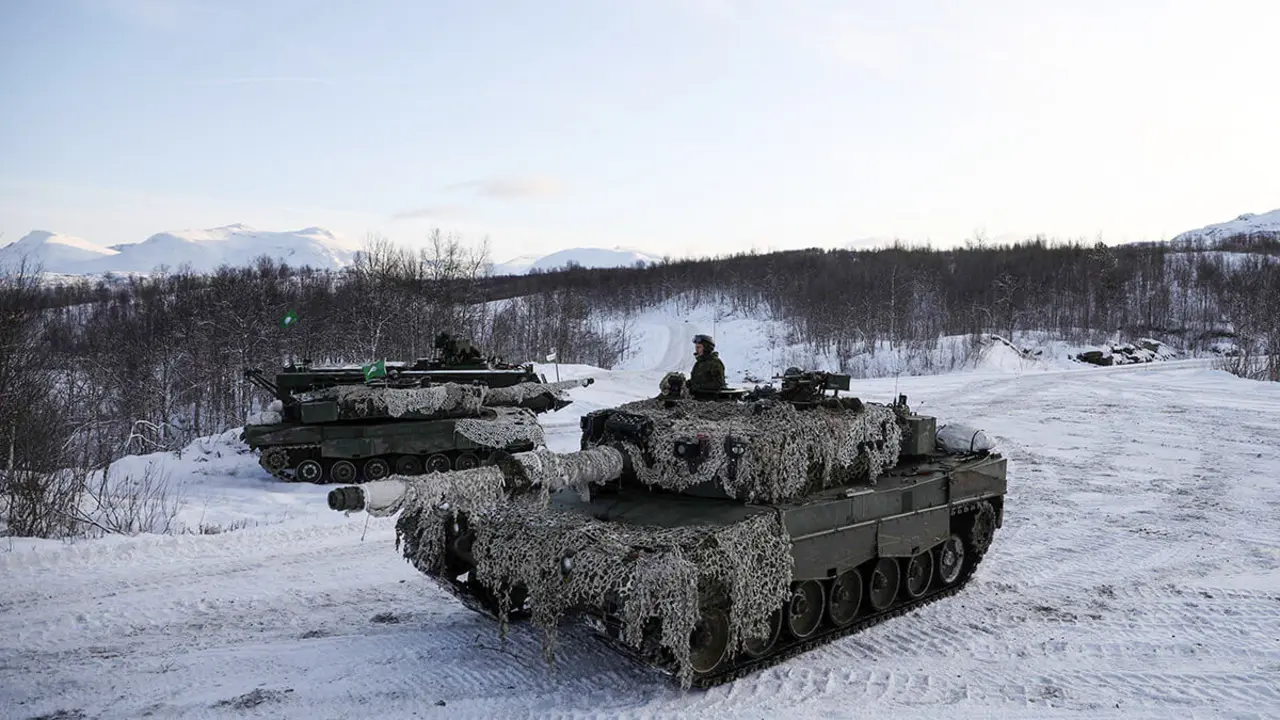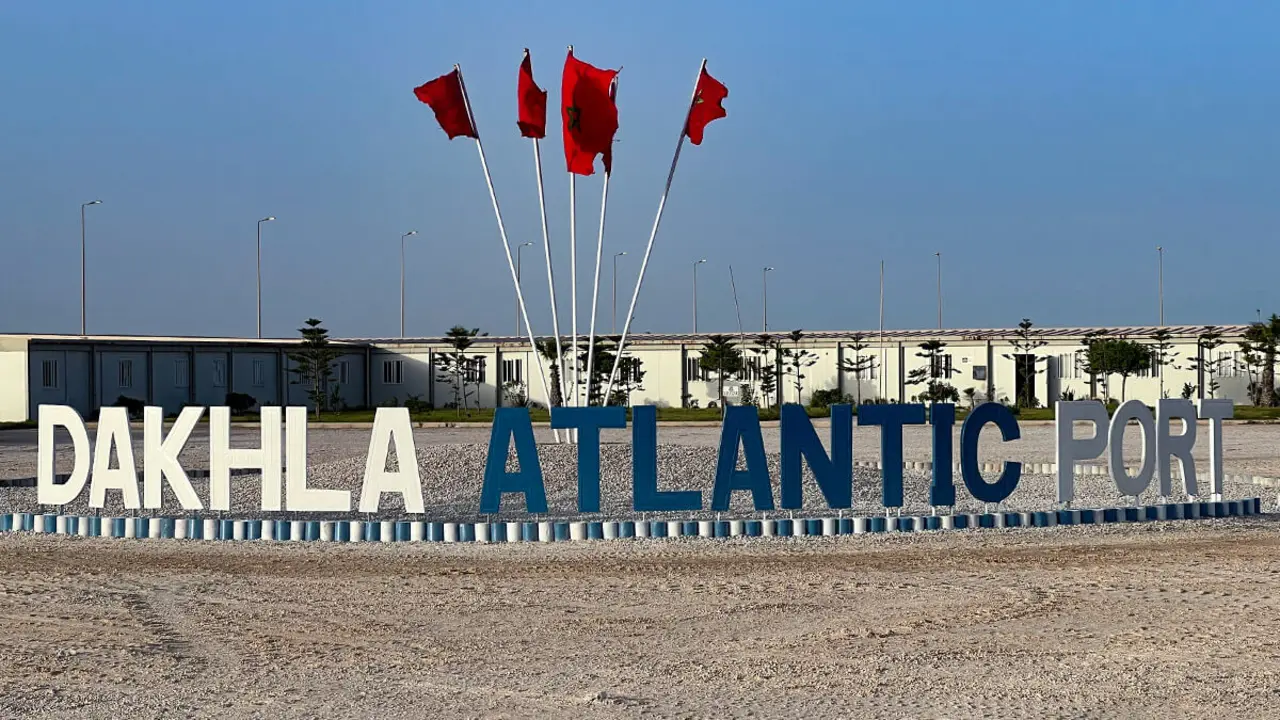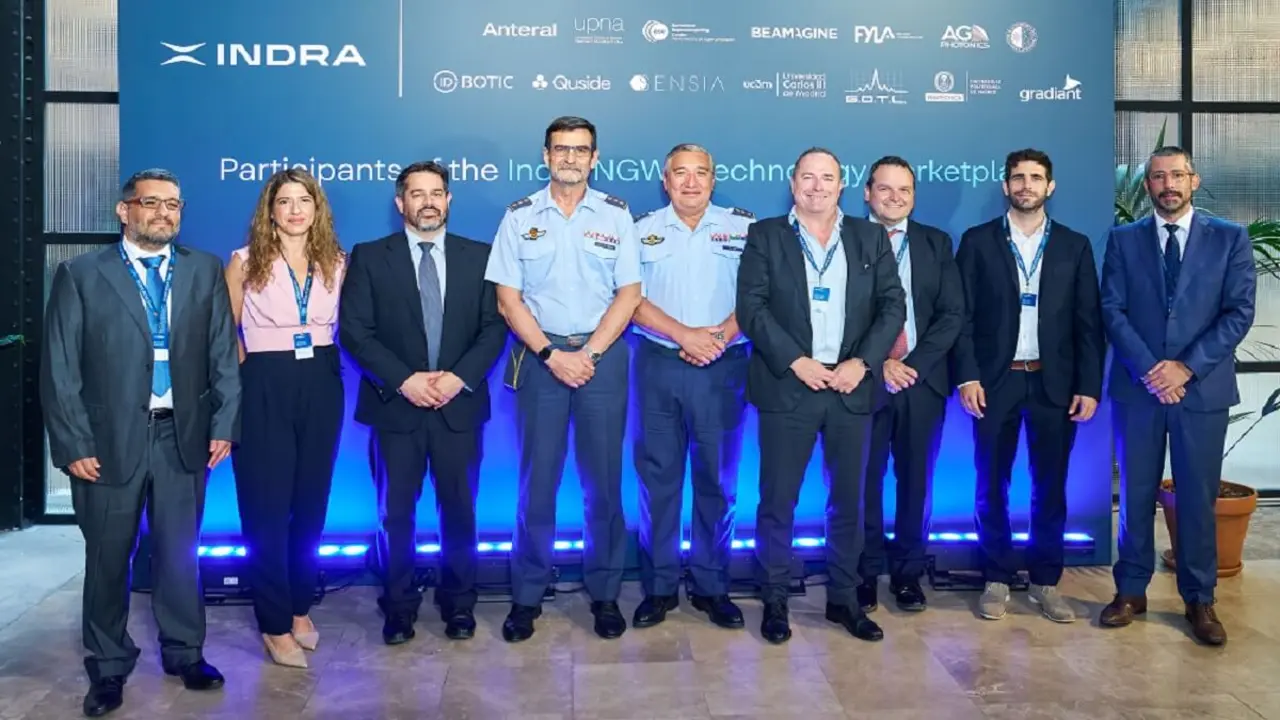Big global companies join forces to fight carbon emissions

The issue of the environment continues to be one of the main focuses of global organisations. Fighting for the planet not to become extinct is becoming more and more normal and many companies, in the creation of their products, are betting on non-polluting and safe elements. Stripe, Alphabet, Meta, Shopify and McKinsey, several world-renowned companies, have joined forces to work together in the fight against carbon emissions.
To continue the battle against climate change, the businesses have come up with a joint plan. This is the Frontier project, which will soon be launched on the global market. The companies have invested some 925 million dollars in the creation of this project, which will be distributed over the next nine years to buy and promote the creation of projects related to the permanent elimination of carbon. Any global business will be able to submit a project and, if it is valid, it can be purchased by the project.
"Climate change can only be solved if we come together and that's what we're doing with this early marketplace commitment," said Stacy Kauk, head of sustainability at Shopify.

"We know firsthand from our long history of working to advance new climate solutions that early demand signalling can spur innovation and lower the price for everyone," commented Google's chief sustainability officer Kate Brandt.
She continued the speech by explaining why it is critical for these companies to come together and continue to fight climate change. "We join this coalition of climate leaders, who together see the promise of new carbon removal technologies and the power to send a clear demand signal to the market," she continued.
To fund the Frontier project, a Stripe subsidiary has created a mechanism for tens of thousands of businesses to purchase carbon removal technology through the Stripe Climate platform, making Frontier the largest coalition to reduce and eradicate carbon emissions in the world. Over time, Frontier will also be able to recognise technologies with high potential to solve the climate problem.
It is worth noting that the AMC model has been used as a reference to make this project a reality. This is an experiment that has been successful in the development of pneumococcal vaccines in resource-poor countries. Thanks to AMC, more than 700,000 lives have been saved over a decade.
Frontier will apply this model for the first time outside of what it has been developed for. It is expected that, thanks to the system, in addition to carbon removal, it will be possible to restore damaged trees, boost soil minerals to grow large crops, improve root cultivation, etc. It is also planned to remove all the carbon that resides in the oceans and is causing serious consequences for marine flora and fauna.

"Frontier is an important step in helping to accelerate the development and adoption of carbon removal technologies for a more sustainable world," said Peter Freed, Meta's head of energy strategy.
Reducing the carbon footprint is a necessity to curb the consequences of climate change. Experts say that to make real progress, all polluting gases and waste in the atmosphere must be permanently eliminated.
Despite the progress that has been made, the technology is not yet strong enough to start obtaining good data. Some projects using the IPCC model for removal collected about 10,000 tonnes of carbon dioxide last year, but experts predict that an average of 6 billion tonnes a year is needed to lower the planet's temperature.
"Frontier sends a strong commercial signal of sustainable demand for permanent carbon removal. It will be a crucial piece in decarbonising the industry and catalysing carbon removal into a new era of growth," said Karan Khimji, commercial director and founder of carbon removal company 44.01 in Dubai.








